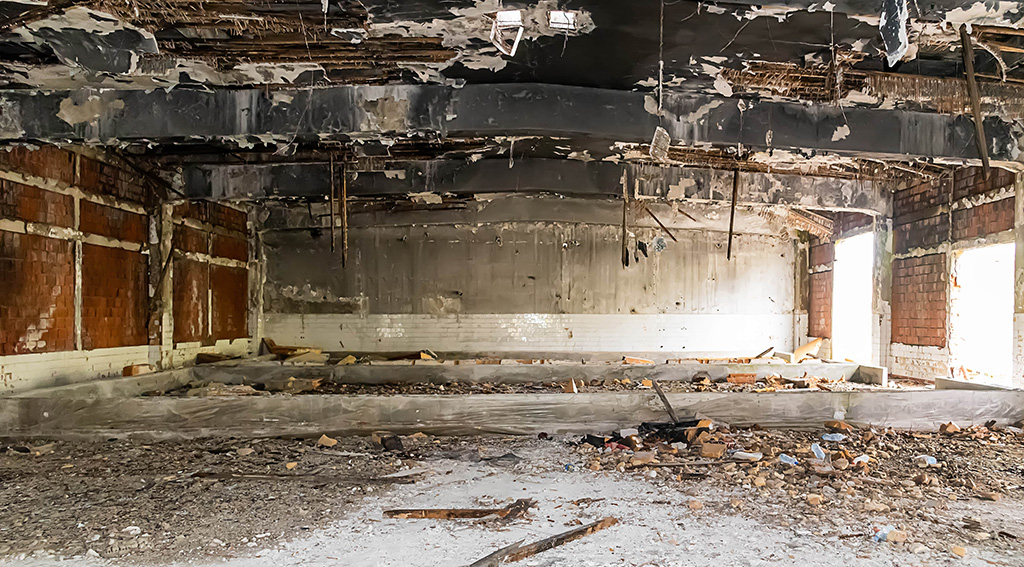
When a guest steps into your room, the first thing they usually notice is not the decor but the perceived air quality. If the room has a strong odor, the sense of cleanliness is nullified, satisfaction drops, and complaints become inevitable.
Reviews on hotel platforms like “the room smelled bad” or “there was a strong odor when I entered” can quickly lower your establishment’s rating. So, how can you permanently reduce these complaints and greet your guests with a fresh, odor-free room?
Here are 5 effective methods to reduce odor issues in hotel rooms:
1. Properly Design Ventilation Systems
The main cause of odors is trapped air and insufficient fresh air supply. If regular air circulation is not maintained in the room:
-
Cleaning product odors become persistent
-
Human-related odors like sweat, breath, or perfume accumulate in the air
-
Textiles such as carpets, curtains, and sofas retain odors
-
Humid air becomes heavy and contributes to odors
What to do:
-
Install a central ventilation system providing fresh air in every room
-
If no central system exists, use energy recovery individual ventilation units
-
Automatically activate ventilation when rooms are unoccupied
-
Regularly check the drainage lines of fan coil or air conditioning units
2. Don’t Neglect Filters – Especially Activated Carbon Filters
Air filters do more than trap dust; they can also capture gas molecules that cause bad odors. Traditional filters are generally ineffective for this purpose. Activated carbon filters are designed specifically for it.
They are particularly important in these situations:
-
Your hotel faces a main street or industrial area
-
Rooms near kitchen vents where outside odors may infiltrate
-
Rooms above parking areas where exhaust fumes can be detected
Note:
Filters must actively function, not just exist. Carbon filters should be replaced every 6–12 months and their effectiveness checked periodically.
3. Update Soft Surfaces with Odor-Resistant Materials
The surfaces that retain the most odors in rooms are:
-
Carpets
-
Heavy curtains
-
Fabric sofas
-
Wood-finished furniture
Over time, these surfaces absorb environmental odors along with humidity and release them back, which can become permanent, especially in smoking rooms.
What to do:
-
Choose easy-to-clean flooring instead of carpets
-
Select curtains made of washable, odor-resistant fabrics
-
Steam clean sofa fabrics regularly
-
Prefer natural surface cleaners over excessive detergents
-
Implement structural improvements on doors and walls to prevent odor transfer
4. Use Ozone or UV-C Assisted Air Purifiers
In some rooms, standard cleaning may not be sufficient due to quick guest turnover. Particularly for smoking rooms, pet-friendly hotels, or consistently damp rooms, additional air purification systems may be needed.
Effective solutions:
-
Ozone generators: used after deep cleaning, operated when the room is empty
-
UV-C air sterilization devices: continuously operate at low levels to sterilize the air
-
Plasma ionizer systems: can run continuously in the room and neutralize particles
Warning: These devices require professional installation and maintenance. Otherwise, they may do more harm than good.
5. Staff Awareness and Odor Control Procedures
Technological solutions are important, but staff awareness is also crucial. The most successful hotels have standardized odor management procedures.
Possible actions:
-
Check air quality after room cleaning
-
Ventilate briefly by opening windows after cleaning
-
Use low-odor or odorless cleaning chemicals
-
Track odor complaints forms on each floor
-
Apply sealing at doors to prevent odor transfer
-
Keep portable ozone units for emergency interventions on each floor
Fresh Room Air: The Strongest Indicator of Cleanliness
Your guests don’t need a microscope to assess room cleanliness, but they make their judgment from the first breath. A bad odor can overshadow all other positive details.
The source of the odor must be eliminated, not masked. This is achieved through systematic ventilation, regular maintenance, and structural improvements.
İlker KURAN
Alperen Mühendislik Ltd. Şti.







